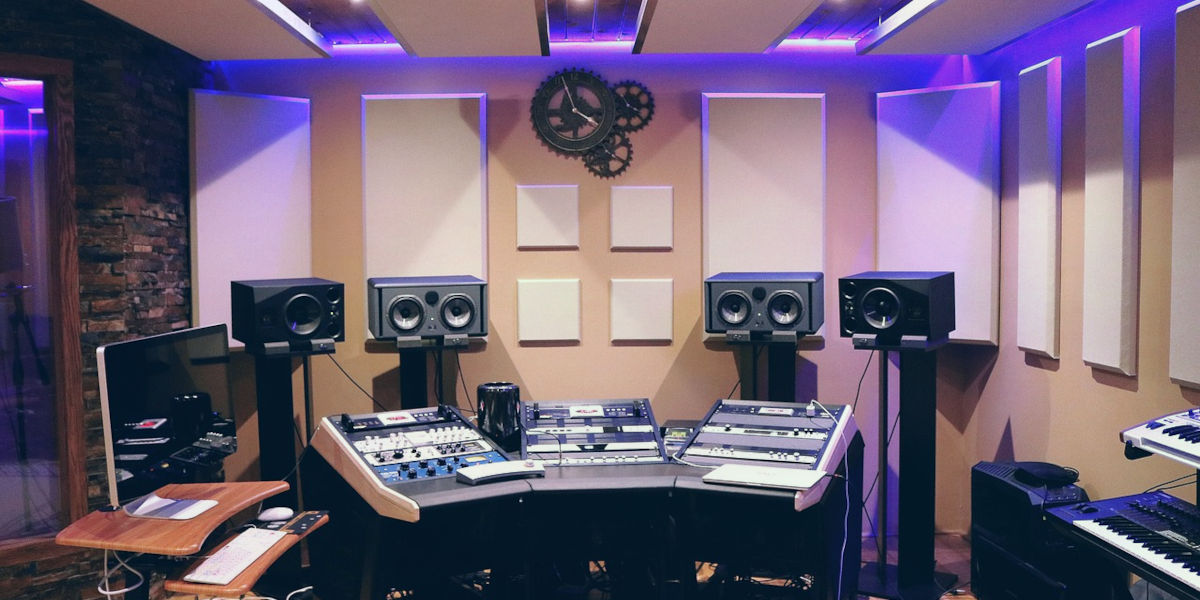The silence within the cinema hall splits like a crescendo as the eerie thrill of a horror film trickles through your spine, or your heart dances to the comedic beats of a feel-good romp. Ever wondered why? It’s the invisible yet powerful presence of music that accomplishes this marvelous effect. The influence of music in modern film is as tangible as the visuals, and together they create the magic that we call cinema.
But just how important is music in modern film, and what role do soundtracks play in movie success? In this article, we delve into the orchestra pit of cinematic scores to uncover the hidden symphony.
The Influence of Music in Modern Film: Setting the Rhythm of Emotion
Music lays the foundation of emotion in film. Pensive silences, escalating tensions, romantic blossoms or bone-chilling horrors - it is music that shapes our emotional experience of the story. Directors and composers work hand-in-glove, employing music to evoke a range of emotions, to add depth to characters, or to embellish vital scenes.
Think about the iconic opening scene of Jaws with its suspense-filled, pulse-quickening score, or the tender, teary-eyed scenes of Titanic elevated to epic emotional heights by Celine Dion's heartrending "My Heart Will Go On." These unforgettable pieces aren't mere embellishments on the cinematic canvas; instead, they caringly craft the fabric of the narrative, proving just how crucial the influence of music is in modern film.
Soundtracks and Movie Success: A Ticket to Immortality
Can a film’s success be directly attributed to its music? Sometimes, yes! Soundtracks often play a vital role in a movie's marketability and profitability. A catchy tune can catapult a film to commercial success and often become cultural keystones. Think about the scores composed by maestros like John Williams (Star Wars), Hans Zimmer (Inception), or Ennio Morricone (The Good, The Bad and The Ugly)—their music has made these films universally recognizable and timelessly popular.
Plus, a good soundtrack often extends a film's presence far beyond the screen. It occupies radio waves, fills playlists, and even earns accolades in the realm of music. Several films have leveraged this power to create comprehensive marketing campaigns, with music videos, album sales, and promotional concerts, fuelling their hype and, ultimately, their success.
How Important Is Music in Modern Film? – From Silent Films to Dolby Atmos
From the ragtime accompaniments of the silent cinema era, through the golden era of Hollywood musicals, to the awe-inspiring surround sound scores of the Dolby Atmos era, the role of music has continuously evolved, yet remained pivotal. These days, an immaculate composition can add depth and detail to the characters and the plot, augmenting the screenplay's effectiveness.
Moreover, nuances in the score can guide the audience through the narrative labyrinth, subtly hinting at plot developments or character attributes. Therefore, a film's music is not just about creating mood or about commerciality — it's one of the most important elements that contributes to the art-house of cinema.
The Art of Musical Storytelling
Music and film go hand in hand like a melodious duo, concocting a narrative that transcends the limitation of spoken words. They hold the magic key that liberates the audience's emotions, unlocking a world where feelings are magnified and experiences intensified. Composers understand how instrumental music can create ambiance, set pace, and evoke emotions ranging from exhilaration to melancholy. Their wisdom lies in their ability to translate the abstract language of emotions into harmonious dialogues.
Consider action films like the James Bond series or the Marvel Cinematic Universe. The adrenaline-rushing sequences where heroes perform daredevil stunts and combat villains would fall flat without the aid of menacing strings, booming brass, and racing percussion. The music augments the onscreen drama, lending an air of suspense, thrill, and urgency. Similarly, a romantic movie without soulful symphonies feels akin to a body without a heartbeat, devoid of the very essence that stirs the romantic allure.
The Symphony of Emotions
Music plays with our psyche, accentuates the mood of the scene, and explores the depths of our sentiments. Remember the eeriness that the shower scene's high-pitched violin shrieks induced in Alfred Hitchcock's "Psycho?" Or the heart-rending cello solo that encapsulates the life-affirming rush of emotion at the end of "Schindler's List?" Every crescendo, diminuendo, or allegro mirrors the characters' triumphs, defeats, epiphanies, and transformations.
Cinematic scores hold such power to subconsciously steer an audience’s emotions to align with the film’s narrative. They blend into the film’s fabric so seamlessly that viewers often perceive them as a natural extension of the plot, not as a separate concoction of the composer. These scores underline emotions with such subtlety that the audience may not even realize the extent to which their feelings are being manipulated by the melody.
Final Notes
Undeniably, music and films are perfect partners in crime, molding a cinematic universe that engulfs its audience into an emotional turmoil, enlightening them, and catalyzing catharsis. As long as stories continue to be told on the silver screen, breathtaking symphonies will keep pulsating in the background, portraying the untold narrative that is often overlooked.
The unsung hero of cinema, music, will continue to be the heartbeat of storytelling, the language of emotions, and a symphony of cinematic experiences. And even as it quietly plays in the background, it will keep molding the essence of our cinematic journeys. On that note, the hidden power of music in modern film unravels itself as an agent that refines, defines and underlines the emotional core of cinematic experiences.




